Victor Grossman
Sighs of relief
Berlin Bulletin No. 156
.

Victor Grossman
Germany’s feverish political scene cooled off just a little. Two big sighs of relief permitted some people, at least temporarily, to stop chewing their fingernails.
The first act opened with a loud bang; Angela Merkel, 64, was stepping down! After 18 years presiding over the biggest party, the Christian Democratic Union (CDU), and 13 years as chancellor (like prime minister), she flouted her own insistence that both jobs belonged in one person’s hands and gave up the first job. She can remain chancellor until 2021, but will not then try for a fourth term. There have been murmurs that she might not even last that long; the top job is not bound by such strong cement as the presidency of the USA. But such murmurs are far from defined and opinion polls still award her slightly over 50% approval ratings..
After she decided to step down from the party chair, Germany was gripped by the search for successor to a job which might later lead to the top rung. In the past, a single name was often marked from the start. This time three rivals grabbed the stage. The ambitious young Minister of Health, Jens Spahn, 38, long a right-wing opponent of Merkel, was disliked in nearly all circles. The second contender, Friedrich Merz, 63, lost a political duel with Merkel years ago and turned to business, becoming boss of the German division of Blackstone, a giant world holding company managing assets of countless big companies, itself worth over $450 billion and involved in many smelly financial scandals. His “free market” views were as far right as you could go; if he were to win the vacancy and a better chance for the very top in 1921 or sooner, many feared that Germany would be headed down a road like that of Brazil’s Jair Bolsonaro.

Kramp Karrenbauer replaced Merkel at the CDU top. Photo YouTube
The third candidate, friendly-talking but sometimes pugnacious little Annegret Kramp-Karrenbauer, 56, was premier in her state of Saarland, then secretary-general of the CDU, second in rank to Merkel, and like her seen as a moderate. The media often abbreviate her long name to AKK.
After debates in eight cities the three arrived in Hamburg on December 7th where 1001 CDU delegates would choose the winner. It was a tight race. AKK was ahead in the first vote, but her 45% was not enough to win. In the second vote Spahn was out. His supporters split – and gave her a slim margin, 51.7%. Merz had lost – resulting in a widespread collective sigh of relief.
Why did Merkel quit and announce the end of her career in three years? What had weakened the broad support, even affection, for the “Mutti “of the nation? (Mutti, meaning Mama, rhymes not with mutt, or putty, but with sooty).
One problem was the European Union or EU, for which she was the main champion.
A main original goal of this organization, conceived in part by Winston Churchill and Allen Dulles, the sinister founder of the CIA, was to recruit the industrial wealth and know-how of defeated West Germany into an alliance against Soviet influence and all anti-capitalist, socialist trends. The Cold War had begun; this was a companion piece to the military NATO. It has since expanded to most of Europe and, as threatening as NATO, to the borders of Russia and Belarus. Though with varied goals, it is still directed against the slightest flirt with leftist trends, even when its austerity recipe means poverty and misery, as in Greece.
Only the author is responsible for the content of this article.
It doesn’t have to be the opinion of the editorial board.
Attribution-NonCommercial-NoDerivatives
4.0 International (CC BY-NC-ND 4.0)Even leftist journalism is not free
and even small donations can help to publish big things!
Back to the homepage Tell us your opinion with a comment! ↓



















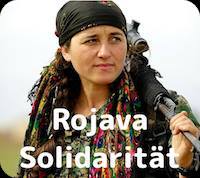


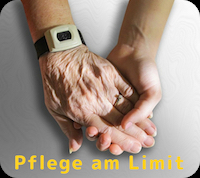










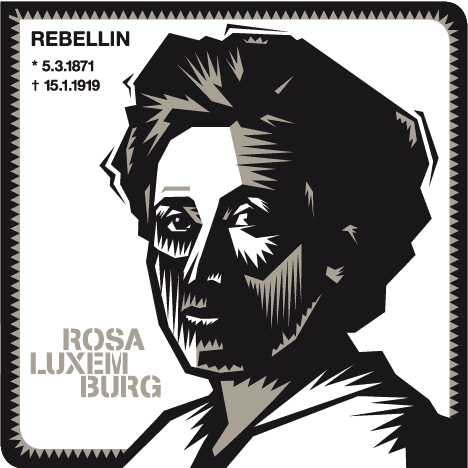


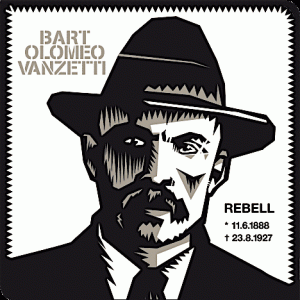



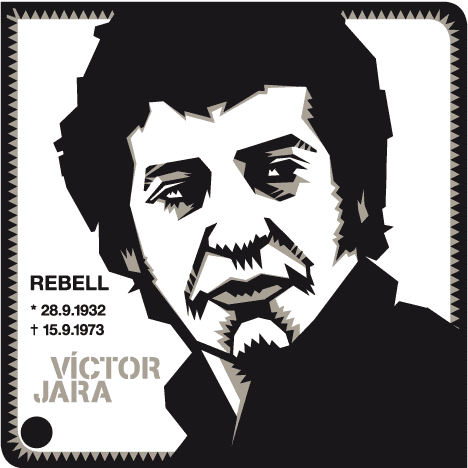

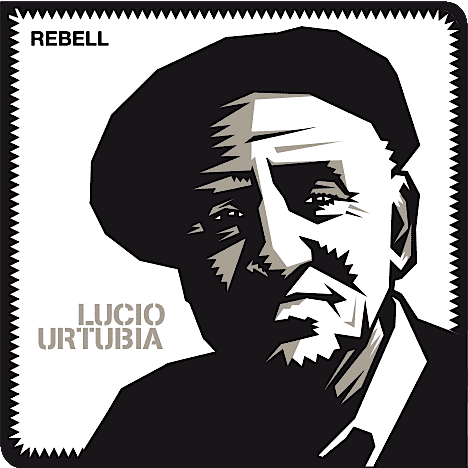

Diskussion ¬